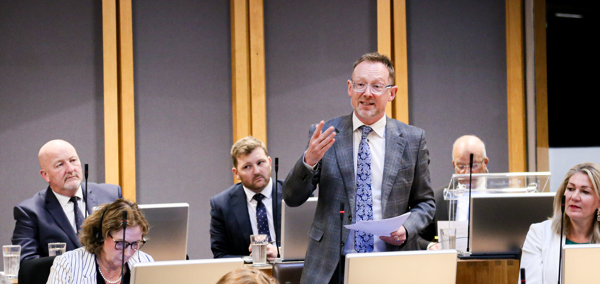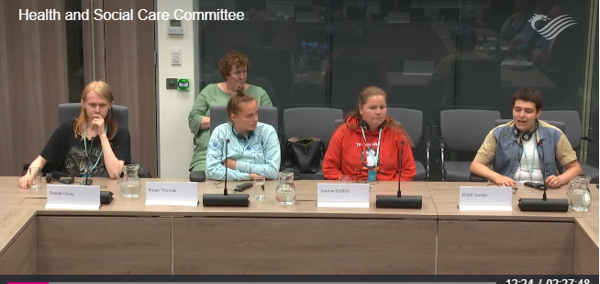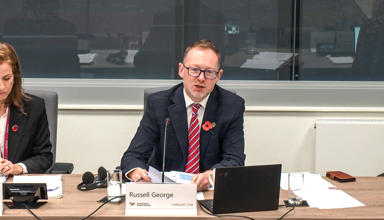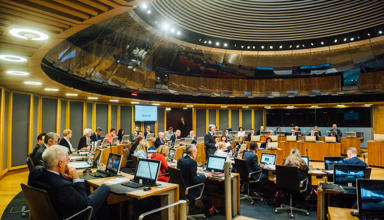Welsh Government needs to work much harder to assure care providers about plans to eliminate profit from the care of vulnerable children and young people.
The Senedd’s Health and Social Care Committee found that companies that currently provide care in Wales urgently need a detailed offer of guidance and support from the Welsh Government if they are to be persuaded to make the move to a not-for-profit model. Also, local authorities, who will have a crucial role to play in delivering this policy, need a clear commitment on funding for at least the next five years.
Without these assurances from Welsh Government, it is feared that the impact of change will be felt at its worst by the most vulnerable in our society.
Significant challenges with implementing the Bill
Reporting on its scrutiny of the Health and Social Care (Wales) Bill, the Committee reached a majority view on the Bill’s key principles; one of which is to prevent private providers from being able to draw profits from providing care for children and young people. It recommends that the Senedd gives its support to the Bill when it faces a Stage 1 vote in Plenary on 22 October.
However, the scrutiny report published today, Friday 11 October, sets out 26 recommendations to Welsh Government highlighting the significant challenges with implementing the Bill, and the need to ensure the best possible outcomes for looked after children and young people.

Russell George MS, Chair of the Senedd’s Health and Social Care Committee, said:
“From the evidence we heard from young people, care providers and local authorities, there is a degree of concern surrounding the major changes proposed in the Health and Social Care Bill. Whilst there is majority support for the principle of moving to a not-for-profit system, the reality of transition is not easy or straightforward.
“Our report highlights the concerns of those working in a system which is already under pressure, and the voices of young people who know what it is like to need help. They told us clearly what they want – to be treated with respect, to remain close to people they know, and to be with people who care for them as one of their own. This must not be compromised.
“More than one child in every hundred children in Wales is now in care. Their needs must be central to any reform which passes through the Senedd. Whilst the ambition is clear, the Welsh Government’s plan for making it work is not.”
“Don’t want to be advertised with a price tag”

Young people, with the support of Voices from Care Cymru, told the Committee what they think about the plans to remove profit from the system. They are worried what will happen if some companies stop providing care and leave.
Rowan Gray: “I agree with the Bill—I so heartedly agree with it—but my biggest concern, if and when it does get stopped, is that all these companies are just going to end up packing up and just going elsewhere, because they no longer are able to profit off us, and that's going to cause a lot of problems for all the kids that are being looked after by all these different companies.”
Young people don’t always know if it is a profit or not-for-profit placement. Children in care want to be looked after by people who treat them as if they were their own. They “don’t want to be advertised with a price tag”.
Elliot James: “My social worker recently disclosed, for a standardised residential placement that hasn't got any high-tariff behaviours, the company that the child is with is being paid £5,000 a week. If £3 of profit was taken for every £10, that's £1,500 a week that's been taken off this young person, for the support.”
They want to be close to people they know, to stay in the same school, and to be with caring people. To be shown love and affection so that they can build trust and healthy relationships
Joanne Griffith: “We need a placement that we know that we can call home, we know that we can trust the foster carers, we know that we can build that relationship with them, and even being able to have hugs with foster placements is extremely important, because we need to learn to build a healthy relationship around us.”
Watch young people from Voices from Care Cymru share their views with the Committee







